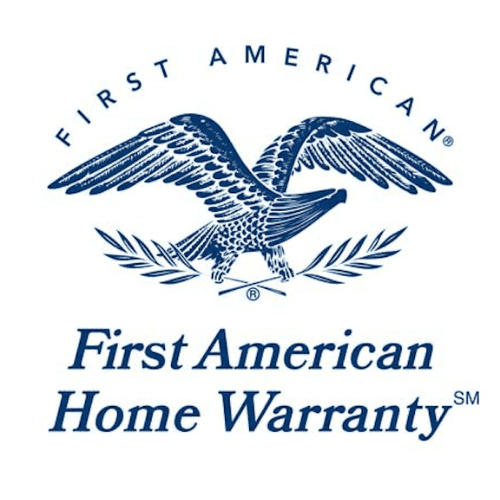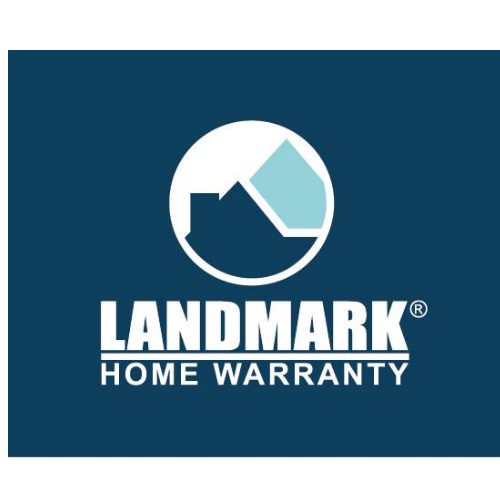Seller Property Disclosures
The Seller’s Property Disclosures are used by the Seller to disclose to a Buyer all known adverse material facts related to the physical condition of the property that are not readily observable. It is the Seller’s obligation to disclose these issues, and it is the Buyer’s responsibility to be completely aware of past problems before signing the final documents. Sellers must deliver the property disclosures no later than 5 days after an offer is accepted. If the Sellers fail to do so, the Buyer can terminate the agreement.
Once the property disclosures are delivered to the Buyer, the Buyer has 5 days to review and respond. In some cases, additional information may need to be requested. If anything disclosed makes the property undesirable to the Buyer, the Buyer may terminate the transaction and receive a full refund of their earnest money.
Seller Representations
By signing the sales agreement, the Seller attests and agrees to the following representations:
2. Seller has no knowledge of any hazardous substances in or about the Property other than substances contained in appliances and equipment. Buyer acknowledges that asbestos commonly exists in insulation, ceilings, floor coverings and other areas in residential housing and may exist in the Property.
3. Seller knows of no material defects in or about the Property.
4. All electrical wiring, heating, cooling, plumbing, irrigation equipment and additional systems and the balance of the Property, including the yard, will be in substantially their present condition at the time Buyer is entitled to possession.
5. Seller has no notice of any liens or assessments to be levied against the Property.
7. Seller is not a “foreign person” under the Foreign Investment in Real Property Tax Act (“FIRPTA”) as defined in this Agreement.
8. Seller knows of no material discrepancies between visible lines of possession and use (such as existing fences, hedges, landscaping, structures, driveways, and other such improvements) currently existing on the Property and the legal description of the Property.
9. Seller will keep the Property fully insured through Closing.
10. Seller agrees to promptly notify Buyer if, prior to Closing, Seller receives actual notice of any event or condition that could result in making any previously disclosed material information relating to the Property substantially misleading or incorrect.
Home Warranties
Home warranty plans are available to help new homeowners cover the cost to repair certain home systems and appliances. Your broker may have negotiated for the Seller to pay for a home warranty at closing as part of your contract. A Buyer can also purchase their own home warranty. Cost is typically $300-$500 depending on the plan. Below are a few of the common home warranty companies.
Types of Insurance
Recommended Property Insurance Company
R. Bauer Insurance Co. | 503.588.0095
If the Property is located in a designated flood zone, flood insurance may be required as a condition of a new loan. The Buyer is encouraged to promptly verify the need, availability, and cost of flood insurance, if applicable. An Elevation Certificate (“EC”) is the document used by the federal National Flood Insurance Program to determine the difference in elevation between a structure and the base flood elevation (“BFE”), which is the elevation to which floodwater is anticipated to rise during certain floods. The cost of flood insurance for a particular property is based upon the EC. Not all properties in flood zones require an EC, depending upon when they were constructed. ECs must be prepared and certified by a land surveyor, engineer, or architect who is authorized by the local jurisdiction to certify elevation information. The costs and fees for an EC may range from a few hundred dollars to over a thousand. If the Property requires an EC, it will need to be obtained prior to receiving a flood insurance quote. Additionally, lenders may require an EC as a condition of loan approval.
Title insurance protects home owners and lenders against any property loss or damage they might experience because of liens, encumbrances or defects in the title to the property. Most lenders require title insurance, and each policy is subject to specific terms, conditions and exclusions. Once the sales agreement has been signed by both Buyer and Seller, the Seller will promptly order the Report and CC&Rs from an Oregon title insurance company and provide them to the Buyer. The transaction is subject to Buyer’s review and approval of the preliminary title report and the recorded covenants, conditions and restrictions (CC&Rs) showing the condition of title to the Property. (If not fully understood, Buyer should immediately contact the title insurance company for further information or seek competent legal advice. Neither listing or selling broker are qualified to advise on specific legal or title issues.)
Once the Report and CC&Rs are received, the Buyer has 2-5 business days to notify Seller, in writing, of any matters disclosed in the Report that are unacceptable to Buyer. If the Buyer does not provide written objection, they are considered to have accepted the findings provided in the Report.
The Seller then has 5 business days to correct or remove any objections to the Report. In some cases, the Seller will provide written assurance to the Buyer that any title objections will be removed or corrected prior to Closing. If the Seller fails to do this, the Buyer is entitled to a full refund of their earnest money and the transaction can be terminated. Since this contingency is solely for the Buyer’s benefit, it may be waived by the Buyer in writing.




